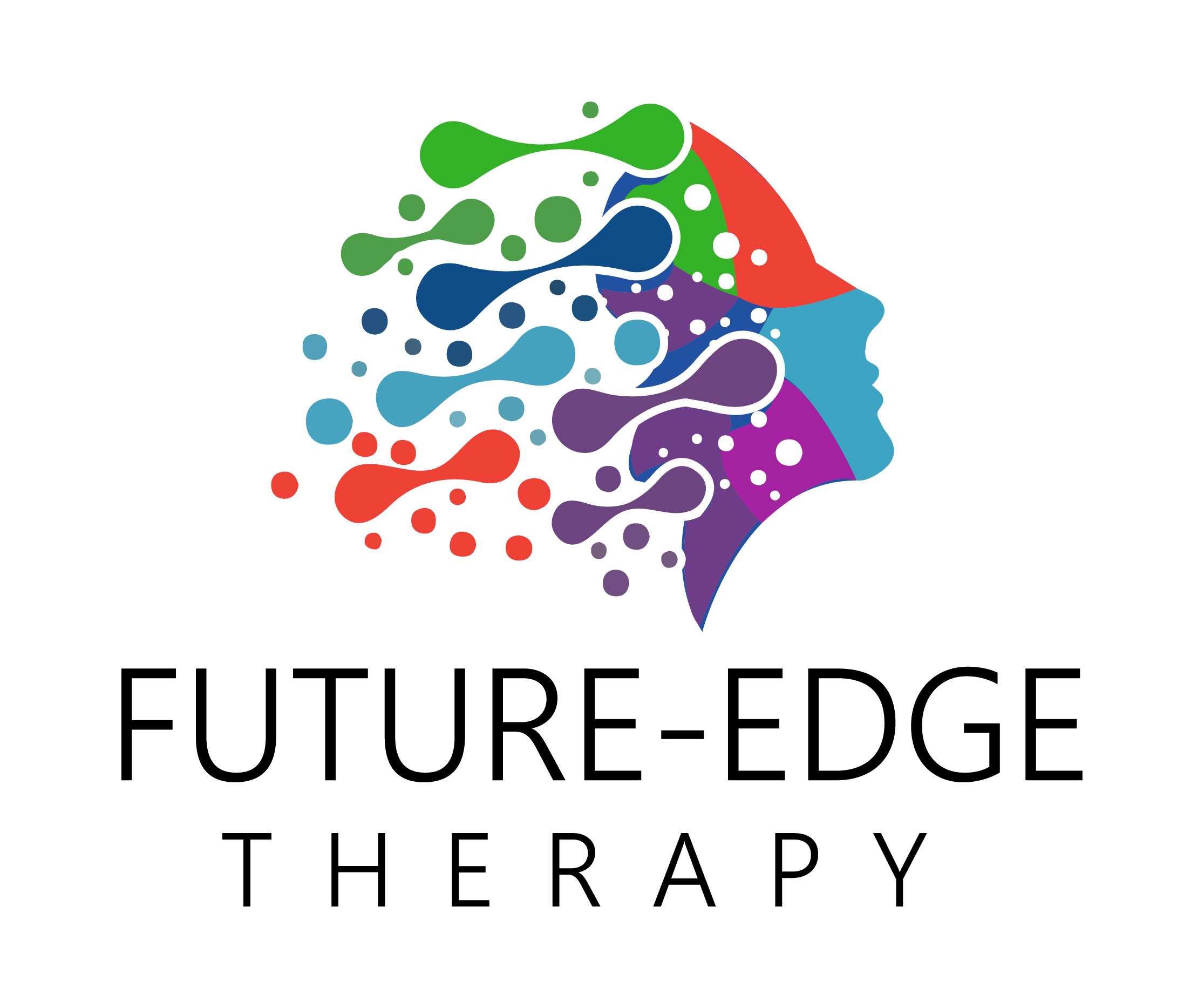
21 Jan Rewind Therapy: What Is It?
What is Rewind Therapy?
Rewind therapy (RT) is a technique that originated from NLP and is known as a visual/ kinaesthetic dissociation approach to trauma therapy. It was founded and developed by Dr. David Muss in the early 90s.
Since then, it is now widely used as a treatment for Post Traumatic Stress Disorder (PTSD), phobias and anxiety.
RT provides comfortable and effective treatment. It has been shown to reduce, and in some cases even remove traumatic or phobia symptoms, all through its method of relaxation and guided imagery.
One great benefit to Rewind Therapy is that the treatment is conducted without having to talk about the details of the traumatic incident(s).
What can the rewind technique help reduce?
With the Rewind Technique, it can help reduce the following PTSD symptoms: flashbacks, intrusive thoughts or images, nightmares, intense distress at real or symbolic reminders of the trauma, physical sensations such as pain, sweating, nausea, or trembling.
What Happens During The Rewind Technique?
During a traumatic experience, the body’s survival mechanisms (fight, flight or freeze) are activated. Because of the stress hormones within the body that inhibit the hippocampus within the brain, it stops the information from being processed in the usual way. This means that the traumatic event becomes trapped or stuck within the short-term memory. This can lead to a person feeling like they are involuntarily re-living the traumatic event through any number of ways, including flashbacks, nightmares, repetitive or distressing images or even physical sensations.
When a non-traumatic event occurs, the information is processed from short-term memory into long-term memory through the part of the brain called the hippocampus.
During Rewind Therapy, the body is in a state of deep relaxation, meaning that it is not on high alert and stress hormones are not released, ensuring that the hippocampus can function normally.
RT enables the brain to process the memory of the trauma calmly. Through this relaxed process, the traumatic event can be transferred from the short term memory to the long term.
How Does Rewind Therapy Work?
Rewind Therapy works, at its very core, by understanding how both non-threatening memories and traumatic memories are processed.
The Rewind Technique can only be effective and completed when a person is in a deep state of relaxation. To achieve this, the therapist will guide the client through a series of guided visualisation in order to access their ‘safe place’.
From this safe place, the therapy continues by the therapist asking the client to visualise a screen. The client is then asked to visualise themselves rising out of their body and watching themselves via the screen.
By the client watching a portrayal of themselves on the screen, it creates double dissociation. The client will then watch themselves through the visualised screen as the subject of the traumatic memory or event.
After this, the therapist will guide them to imagine returning to their body and experiencing a ‘rewind’ of the trauma. Then, the client will watch the same images fast-forward (known as dissociation), and this cycle is repeated several times with each traumatic memory.
How Effective Is It? Does The Rewind Technique Work?
Rewind Therapy can achieve some fantastic results for clients, with many reported improvements to their PTSD symptoms or anxiety-related symptoms. Sometimes, it can often provide people with a new feeling or different relationship towards traumatic memories.
To learn more about the Rewind Technique and if it could work for you, it is recommended that you speak with a specialist or therapist trained in this approach.
Contact Future-Edge Therapy
If you are experiencing any of the symptoms of PTSD or anxiety and would like to speak to someone, please drop me (Bonita) a line on 07970 011 235, or fill out our online contact form. We’re qualified PTSD counsellors and we’ll be in touch.
 7 ways to combat anxiety - Free ebook
7 ways to combat anxiety - Free ebook

